Kanna and kava root are two botanicals gaining popularity for their unique effects, but they offer distinct benefits. Like kratom, these unique botanicals have been enjoyed for centuries in their respective regions and have only recently made a splash in the western world. While both have been traditionally used for centuries—Kanna in South Africa and Kava in the South Pacific—their properties are quite different. But while these two herbal preparations are often lumped into the same category, the kanna benefits and kava root benefits are a world apart, and these two products are unique from each other in a number of ways. In this article, we’ll explore the key differences and benefits of Kanna and Kava, helping you decide which one might be right for your needs.
Kanna vs Kava
Kanna and Kava are two powerful botanicals with rich histories of traditional use. Both are known for their mood-enhancing and calming effects, but they work in different ways and are used for different purposes. Understanding the key differences between Kanna and Kava can help you choose the right one for your wellness routine.
In the section below we will learn what kanna and kava are, what makes them different, as well as help you understand which botanical might be the best option for you.
What Is Kava?
Kava (also known as kava kava) is the common name of the Piper Methysticum plant, which grows natively in the South Pacific. Although the Republic of Vanuatu is recognized as the true home of kava, it grows abundantly in places like Hawaii, Fiji, the Samoas, Tonga, and Micronesia. Kava is known for its ability to promote relaxation and enhance social interactions without causing mental fog.
Kava is known for its active compounds called kavalactones (hence the name “kava”). These compounds function similarly to the alkaloids in kratom—in the sense that they provide the plant with its signature aromas, and effects. As a kava root ages, the concentration of kavalactones increases, ultimately reaching their peak when the plant reaches about five years of age.
When shopping for kava root, it’s important to buy from a reputable seller that partners with reputable kava cultivators in the Pacific Islands. At Kratora, we offer a Kava 30% Powdered Extract derived from authentic Piper Methysticum cultivated with the optimal growing conditions and harvesting practices.
Potential Benefits of Kava
Kava is widely praised for its potential benefits, particularly in promoting relaxation and reducing stress. Some of the key benefits of kava include:
- Improve Relaxation: Kava is commonly used to improve stress management and promote relaxation. Its active compounds, known as kavalactones, interact with neurotransmitters in the brain to produce a calming effect, making it a popular natural remedy to help calm down and to relax.
- Improve Sleep: Due to its relaxing properties, kava may help improve sleep quality, particularly for individuals struggling with insomnia or restless sleep.
- Muscle Relaxation: Kava’s soothing effects extend to the muscles, making it useful for relieving muscle soreness and discomfort.
- Social Ease: Kava is often consumed in social settings to reduce inhibitions and promote a sense of well-being, making it easier to engage in social interactions.
Who Kava Is A Good Option For
Kava is a good option for individuals seeking a natural way to manage stress and promote relaxation without the sedative effects of other remedies. It is particularly beneficial for those who need to relax but still want to maintain mental clarity and focus. Kava may also be suitable for people who struggle with sleep issues and are looking for a non-habit-forming sleep aid.
What Is Kanna?
Kanna is the common name of the Sceletium Tortuosum plant, a popular kratom alternative that grows abundantly in South Africa. It’s a succulent plant with soft white flowers that grow year-round and are considered sacred by a number of South African tribes like the Khoi and San tribes. Kanna is fast-growing and rich in active alkaloids. The name literally translates to “something to chew.”
Typically, a kanna farmer will harvest and dry the leaves before refining or extracting them into a high-quality kanna products (similar to how kratom is harvested and manufactured). Kratora offers a variety of kanna products, including Kanna powder, fermented Kanna, and our 10x Kanna Extract Powder (recommended for experienced users). All of our all-natural kanna products are produced by experienced kanna farmers who adhere to uncompromising standards of quality.
Fermented Kanna (Sceletium Tortuosum)
From $7.99
Shop Now
This product has multiple variants. The options may be chosen on the product page
Quick ViewKava 30% Powdered Extract
From $11.99
Shop Now
This product has multiple variants. The options may be chosen on the product page
Quick ViewKanna (Sceletium Tortuosum)
From $7.99
Shop Now
This product has multiple variants. The options may be chosen on the product page
Quick ViewKanna Extract 10x
From $33.99
Shop Now
This product has multiple variants. The options may be chosen on the product page
Quick View
Potential Benefits of Kanna
Kanna offers several potential benefits, particularly for mental and emotional health. Some of the key benefits of Kanna include:
- Mood Enhancement: Kanna is well-known for its ability to uplift mood and promote a sense of well-being.
- Cognitive Enhancement: Some users report that Kanna helps improve focus, clarity, and cognitive function, making it a good option for those who want to enhance their mental performance.
- Social Well-Being: Similar to Kava, Kanna can also help reduce social inhibitions and make social interactions more enjoyable, though it does so with more energizing effects than Kava might produce.
Who Kanna Is A Good Option For
Kanna is a good option for individuals seeking a way to support energy, productivity, or general well-being. It’s particularly beneficial for those who want to enhance their mood or cognitive function for productivity or for social settings. Kanna may also be suitable for people who get overwhelmed in social settings and want a gentle, natural way to feel more comfortable in social situations.
Kava vs Kanna Products
There are a number of key differences between kava and kanna products. As previously noted, kava kava originates in the South Pacific while kanna originates in South Africa. In addition, kava tends to cost slightly more than kanna (though this can vary depending on the brand, preparation, and production methods).
The main difference between these two ethnobotanicals, however, is the effect. Although much of the data is anecdotal, kava is commonly associated with relaxing and euphoric effects while kanna is associated with energy, mental well-being, and appetite regulation. So while kava root benefits differ from kanna benefits, both botanicals have their place.
In addition to addressing the differences between kanna and kava, it’s worth noting how these two products are similar. Both products are typically sold in similar to identical dosages, which makes things easy if you’re looking to use both products. In addition, both botanicals are generally considered safe, which should be top of mind when you’re considering kanna and kava root benefits.
Kanna & Kava vs Kratom
Because kava and kanna are both commonly sold alongside kratom products (and because they share some similar characteristics), there’s some confusion about how these products compare. Do the kanna and kava root have benefits go beyond kratom, or does kratom still reign supreme? Ultimately, it depends on what you’re looking for.
First, there’s the legal consideration. Many states in the U.S., including Vermont, Wyoming, Tennessee, and Indiana, have banned the sale and use of kratom. Kava root and kanna aren’t as tightly regulated, so they can be more easily accessed in places where kratom is prohibited. If you’re seeking the energizing effects of white-vein kratom, you might enjoy the effects of kanna, while red-vein kratom fans might enjoy the relaxing kava root benefits.
In addition, kava and kanna affect the brain differently from kratom, which some users will prefer and others will not. Kanna’s primary alkaloids behave as selective serotonin reuptake inhibitors (SSRIs), neurotransmitters that regulate mood and well-being. The kavalactones in kava interact with the limbic system, which influences emotion and motivation. If you’re curious about how the effects of kava and kanna differ from those of kratom, it’s best to try them out and experience the kanna and kava root benefits for yourself.
Choosing Between Kanna and Kava
To put it in simple terms:
- Try a kanna product if you want support for energy, productivity, or general well-being.
- Try a kava root product if you want a more soothing, relaxing experience.
Can’t decide between the kanna and kava root benefits? Kanna and kava are both worth trying out, and they’re both affordable. At Kratora, you can purchase 5g of each for a total cost of less than $20—then decide for yourself which one gives you the effects you’re looking for. Like many users, you might find that kanna is excellent for daytime use while kava is a great choice for evening use. Just be sure to avoid mixing them, as the contradictory effects may create an unpleasant experience.
The most important thing is to buy from a reputable supplier that works with farmers in the appropriate region and that stands by their products. As long as you do your due diligence, you’ll be impressed with what kanna and kava have to offer.
Want to learn more about kratom quality and value? Start here:
Why Buying Cheap Kratom Can Be Dangerous
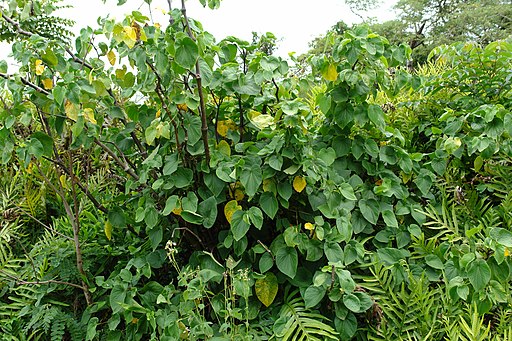
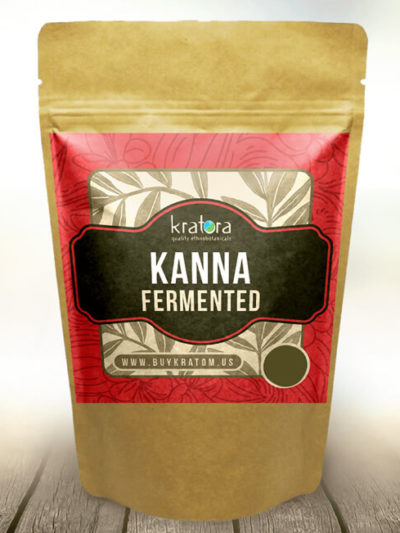
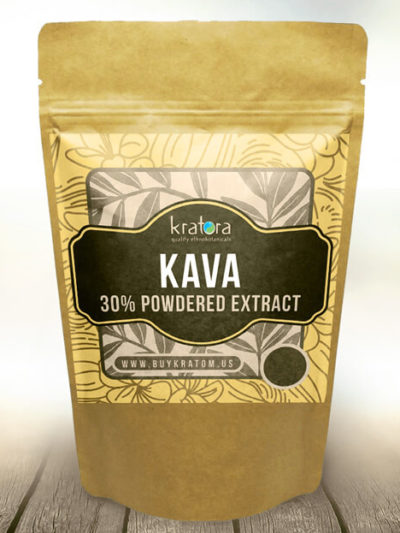
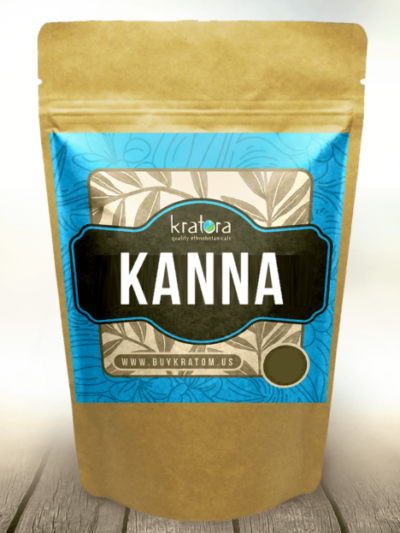
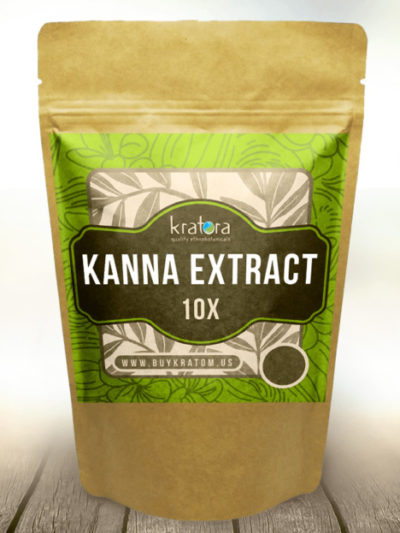

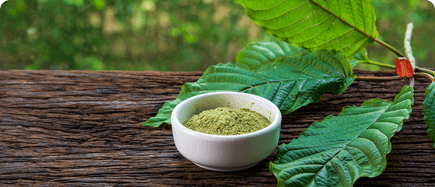
Is Kratora’s kava instant or micronized; or does it need to be prepared the traditional way of kneading it through a bag? Thank you
Hello Matthew,
Our kava is not instant or micronized, we carry kava extract 30% in powder form.